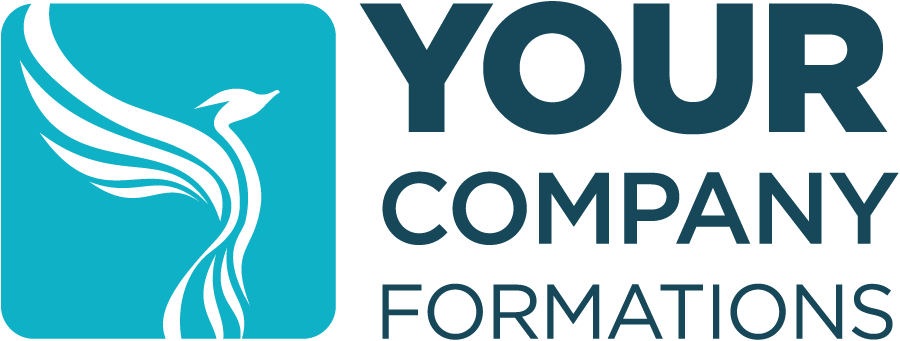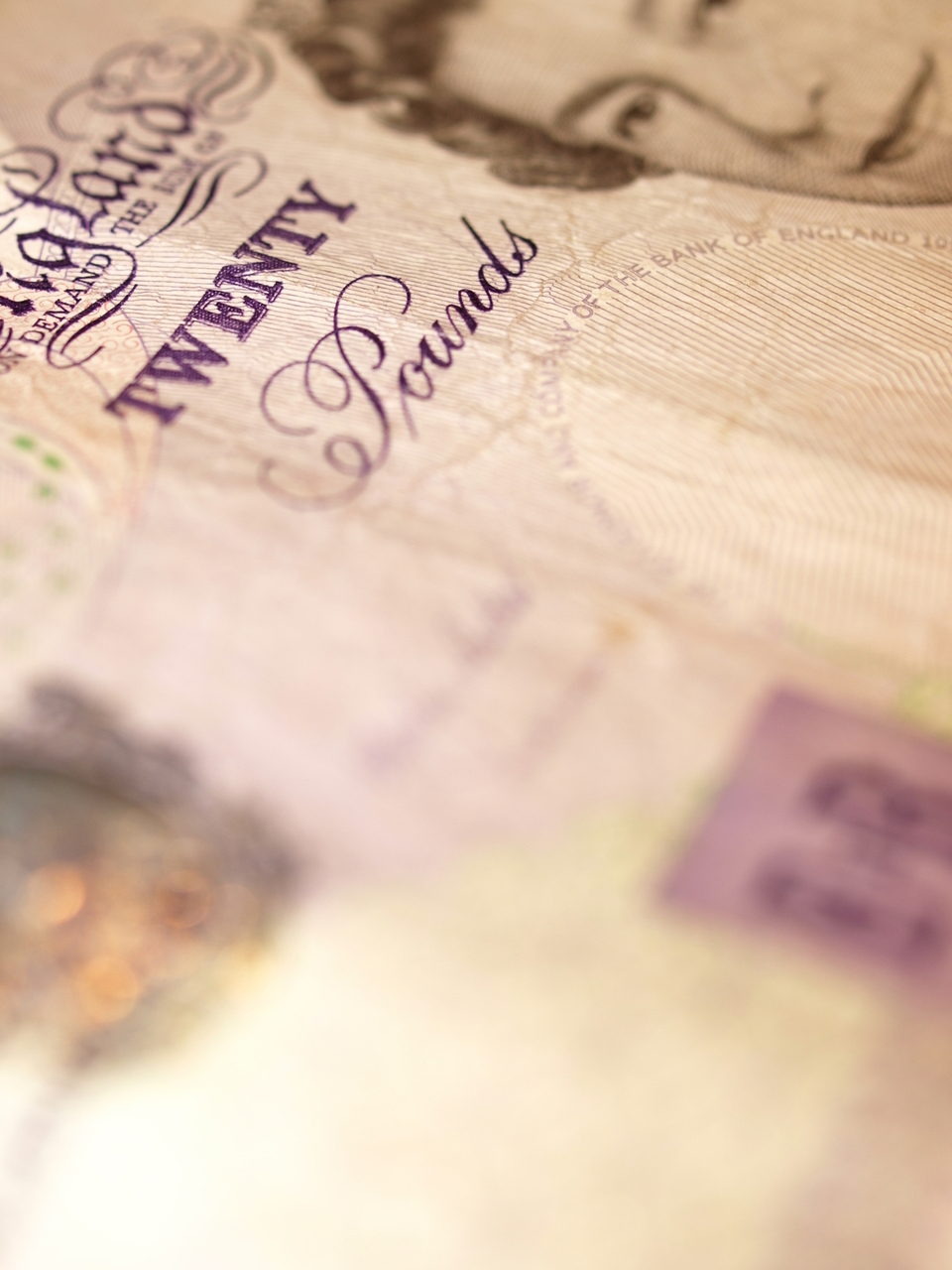Along with a passion for their business, a compelling reason that acts as a driving force for most business owners is profit and monetary gain. Once you complete your limited company formation, and are the acting director, you may be wondering “how do company directors get paid?”
Remember, since limited companies are individual legal entities, all company finances and assets belong to the company itself and not to the business owners. Therefore, it’s vital to adhere to set procedures when taking money out of a limited company.
In order to ensure you receive your salary in a timely and ethical manner, we’ll look at just how do company directors get paid a salary and how else money is taken out of a limited company.
Take Out a Director’s Salary
Since company directors are technically employees of a limited company, they too are able to receive a salary. Therefore, the company has to register with HMRC for PAYE and must pay Employer’s National Insurance Contributions (NIC). HMRC must receive the Income Tax deductions from the director’s salary on a monthly or quarterly basis.
Salaries and wages are tax-deductible expenses that are paid prior to the deduction of Corporation Tax, meaning companies do not pay any tax on this money. For “tax-efficiency”, directors may pay themselves by taking a small salary up to the NIC primary threshold (£9,516 for 2020/21) but below the tax-free Personal Allowance limit (£12,500 for 2020/21); then via dividends, they can top up their personal income.
It’s worth noting that directors who take money out of a limited company, and therefore precisely answer the question, “How do company directors get paid?” enjoy the benefit of incurring zero personal tax liability (on their salary), yet still qualify for state pension and benefit entitlement. Furthermore, the dividend tax that has to be paid on dividends is set at much lower rates than Income Tax.
It’s worth noting that Income Tax rates for 2020/21 are:
- 20% on taxable income up to £50,000
- 40% on taxable income between £50,001-£150,000
- 45% on taxable income above £150,000
Self Assessment Note for Directors
The question of “How do company directors get paid?” is unanswerable without the realisation that directors have to register Self-Assessment, therefore, all sources of taxable income must be annually returned.
Note: If a director owes more tax than the company has collected through payroll (e.g. from dividend payments and benefits received), then the director has to pay the additional tax through Self Assessment.
How Else Can Money Be Taken Out of a Limited Company?
Now we know that a director’s salary through the company answers the question, “How do company directors get paid?” it’s important to understand other ways of how directors can take money out of a limited company for various intents and purposes.
Other than a director’s salary, there are other ways that money can legally be taken out of a limited company:
- Dividend payments
- Directors’ loans
Don’t do business alone. Join a Community.
Subscribe to our newsletter and join the ranks of 100,000+ entrepreneurs who receive weekly insights, legal updates, and compliance reminders directly in their inbox.
Dividend Payments
Essentially, dividends are an investor’s share of a company’s profits. They’re the sums of money paid to shareholders from the company’s profits after the deduction of 19% Corporation Tax. And as most directors are also shareholders, they can take money out of a limited company in the form of dividends.
There is zero tax liability on dividends up to £2,000 per year. For anything above that, the following dividend tax rates apply:
- Basic rate: 7.5% up to £50,000 annual income
- Higher rate: 32.5% between £50,001 – £15000 annual income
- Additional rate: 38.1% above £150,000 annual income
Dividends are only available if a company has managed to retain profit after the deduction of all costs, expenses, and business taxes for the current fiscal year, and after computing any retained profits and losses from previous years. If there is zero surplus profit, then dividends cannot be paid; it is illegal to receive any such dividend payments, with potential investigation from HMRC and subsequent penalties if a payment is made.
Limited companies may issue interim dividends regularly throughout the year or at the end of the financial year, and since small business owners rely on a regular income, they tend to issue such interim dividends.
In order to issue dividends, company directors have to declare them at a board meeting and a payment date has to be agreed. Subsequently, dividend vouchers (or dividend “counterfoils”) should then be given to shareholders, invariably on the date of payment declaration.
Directors’ Loans
A director’s loan can in some respect act as an answer to the question “How do company directors get paid?” The purpose of a director’s loan is to allow directors to borrow money from a company, or vice versa. These financial exchanges have to be recorded in a director’s loan account in the form of a bank account or bookkeeping addition.
A loan account records a running balance of all money paid by a director to the company or removed from a company by a director. Account balances will show as “in credit”, “nil” or “overdrawn” similar to a personal current account that has an overdraft facility.
Director’s Loans Taxes
A company’s balance sheet must display all transactions in a director’s loan. Additionally, they must also be included in the Company Tax Return and the director’s Self Assessment tax return. Tax liabilities for overdrawn loan accounts depend on the amount of money a director owes to the company, or vice versa, and the length of time the loan account has been overdrawn.
Invariably, there will be zero tax implications for a director if an overdrawn loan account of £10,000 or less is repaid within 9 months and 1 day from the end of the company’s accounting reference date (ARD). If the overdrawn loan is not repaid within that time, the company may have to pay 25% of the outstanding amount as Corporation Tax.
If a director owes a company more than £10,000, then this sum has to be declared on their Self Assessment tax return, with the official rate of interest applied. Companies and directors may also charge interest on any sum of money owed to them.
Remember…
Another answer to the question “How do company directors get paid?” is through claimable expenses. Any potential expenses (including tax implications) can be claimed by the director and displayed on financial documentation.
When you’re running a limited company, you may not simply withdraw funds from your business bank account on a whim. All income received must be recorded by the company as well all as all money paid out by the company. You also need to consider business taxes to determine how much profit is available to withdraw at any given time.
If you want to find out more about the question, “How do company directors get paid?” contact our professional and experienced company formations team now for fast, friendly, and expert advice.















